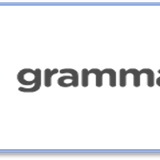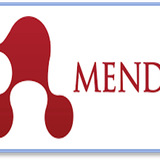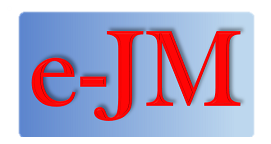PENGARUH GAYA KEPEMIMPINAN, EMPATI DAN MOTIVASI TERHADAP BUDAYA ORGANISASI (Studi Kasus Terhadap Kepala Sekolah Dasar Kota Gorontalo)
DOI:
https://doi.org/10.24912/jm.v19i1.105Abstract
Tujuan dari Penelitian ini adalah untuk mengetahui pengaruh gaya kepemimpinan, empati dan motivasi terhadap budaya organisasi kepala sekolah dasar kota Gorontalo. Objek penelitian ini adalah Sekolah Dasar dengan subjek kepala sekolah sebanyak 55 orang.Empat variabel dari data penelitian di kumpul melalui instrumen berupa angket yang valid dan reliabel. Analisis statistik data penelitian menggunakan analisis jalur dengan signifikansi sesuai dengan output SPSS 22.0 Temuan penelitian menunjukkan bahwa terdapat pengaruh langsung positif gaya kepemimpinan, empati kepala sekolah, motivasi terhadap budaya organisasi sekolah.Terdapat pengaruh langsung positif gaya kepemimpinan terhadap empati dan motivasi kepala sekolah.
Purpose of the study to determine the effect of leadership style, empathy, and motivation of on the organization culture as the principal basis of Gorontalo city. The study object is the subject of elementary school principals as many as 55 people. Four variables of the data gathered through the research questionnaire instrument valid and reliable. Statistical analysis of research data using path analysis with significance in accordance with the output of spss 22.0 Findings of this study indicate that there is a positive direct effect of leadership style, the principal emphaty, motivation toward school organizational culture. There is a direct positive leadership style of emphaty and motivation principals.
Downloads
Published
How to Cite
Issue
Section
License
Copyright (c) 2017 Jurnal Manajemen

This work is licensed under a Creative Commons Attribution-NonCommercial-ShareAlike 4.0 International License.
This journal provides immediate open access to its content on the principle that making research freely available to the public supports a greater global exchange of knowledge.

This work is licensed under a Creative Commons Attribution-NonCommercial-ShareAlike 4.0 International License



















